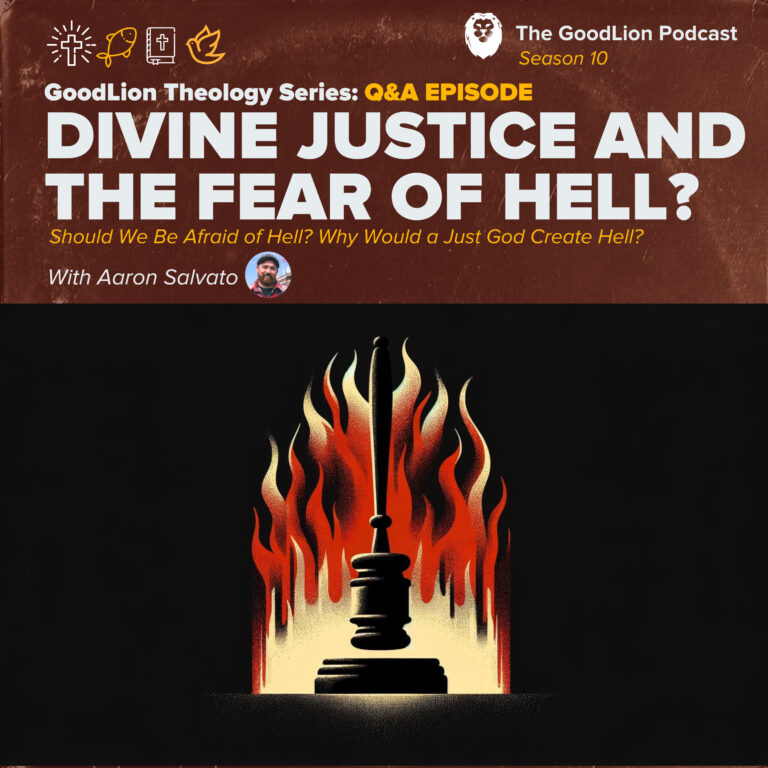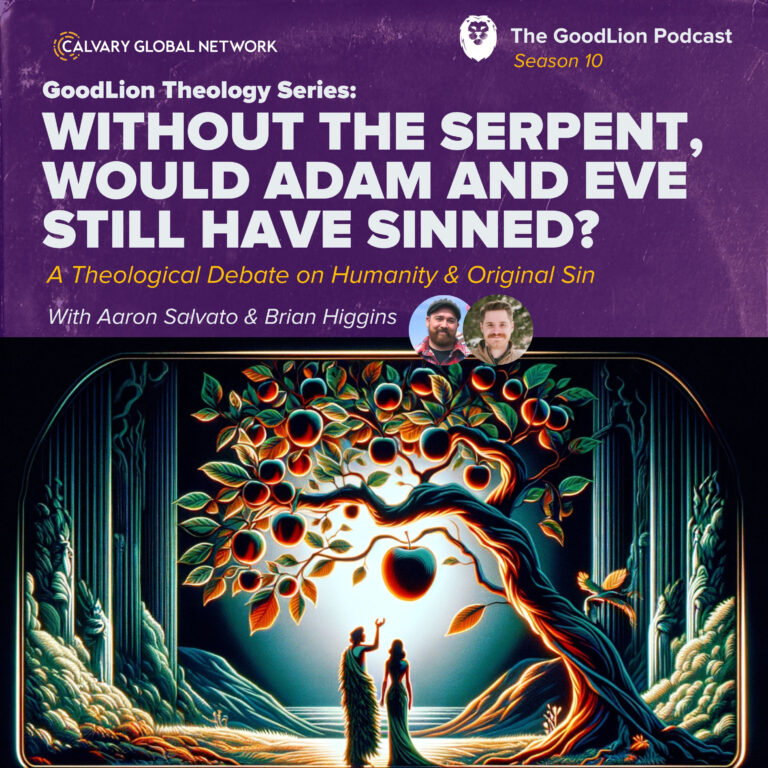
Clarity is better than ambiguity.
That sentence means a lot to me. It’s what a good friend of mine said to me when I was pre-dating my wife (that thing Christians do when they totally date without calling it dating).
He told me that my non-dating tactics were only creating uncertainty when things could move toward a solid answer. I heard him out, I took his advice, and now I’m married to that girl.
We like when things move towards answers. We like certainty.
Maybe this is part of why we, as a culture, love personality tests. In the midst of our turbulent, complex inner-worlds, we want something that lets us know what’s going on within us.
I understand this appeal. I’ve gone through all sorts of personality tests to figure out more about who I am. I know my Myers-Briggs personality type (ENTJ), I know my Enneagram (I’m a 3), and I even know which Winnie The Pooh character I am (Tigger, obviously).
These things are helpful tools. They can give team members a shared language for group processing, help individuals analyze themselves on a deeper level, and provide a catalyst for friend groups to have meaningful conversation that leads to individual and group growth. All of these are good things.
The thing that scares me is we seem like we are becoming less aware of their limits.
As I spoke with my brother-in-law about this, he told me about a moment he had in church worship. He came to service, enneagram conversations still ringing in his mind, when the worship team started to play “Who You Say I Am” by Hillsong.
The part that gripped him was the part they named the song after, specifically, that we are first and foremost defined by who God says we are.
One of the major themes of the Bible is that humanity is flawed. We crave the ability to define ourselves on our terms.
The very first temptation mankind faced was whether or not we would accept God’s definition of good and evil or if we would choose to define that for ourselves. In the Garden of Eden, we chose to define it ourselves. And we’ve been doing that ever since.
How does this relate to your enneagram number? It asks you to put a little less stock in what you think of yourself and a greater value in what God says you are.
It’s very easy to blame bad behavior on personality quirks. When we settle into defining ourselves in human terms, we stop letting God rewrite who we are.
The beautiful thing about walking with Jesus is that you do not remain what you are for very long.
It’s kind of like how you feel progressing through life in general.
The high school version of you probably thought the middle school version of you was lame and awkward and didn’t have original ideas.
The college version of you probably thought the high school version of you was stuck up and too convinced of their opinions.
The post-college version of you probably wishes the college version of you made less brash statements and didn’t go through that beret-wearing phase. And so on and so forth.
I don’t think there’s anything wrong with that process. We should progress. We should keep changing. To some degree, if you remain who you are for 20 years, you’re probably doing something wrong.
If these tests and tools help you see yourself more clearly, you should absolutely go ahead and use personality tests. They can provide you with a level of introspection that may be hard on your own.
But you shouldn’t take personality tests and stop striving to move beyond your current place in life. You shouldn’t use them as an excuse to stop growing in the grace Jesus offers.











